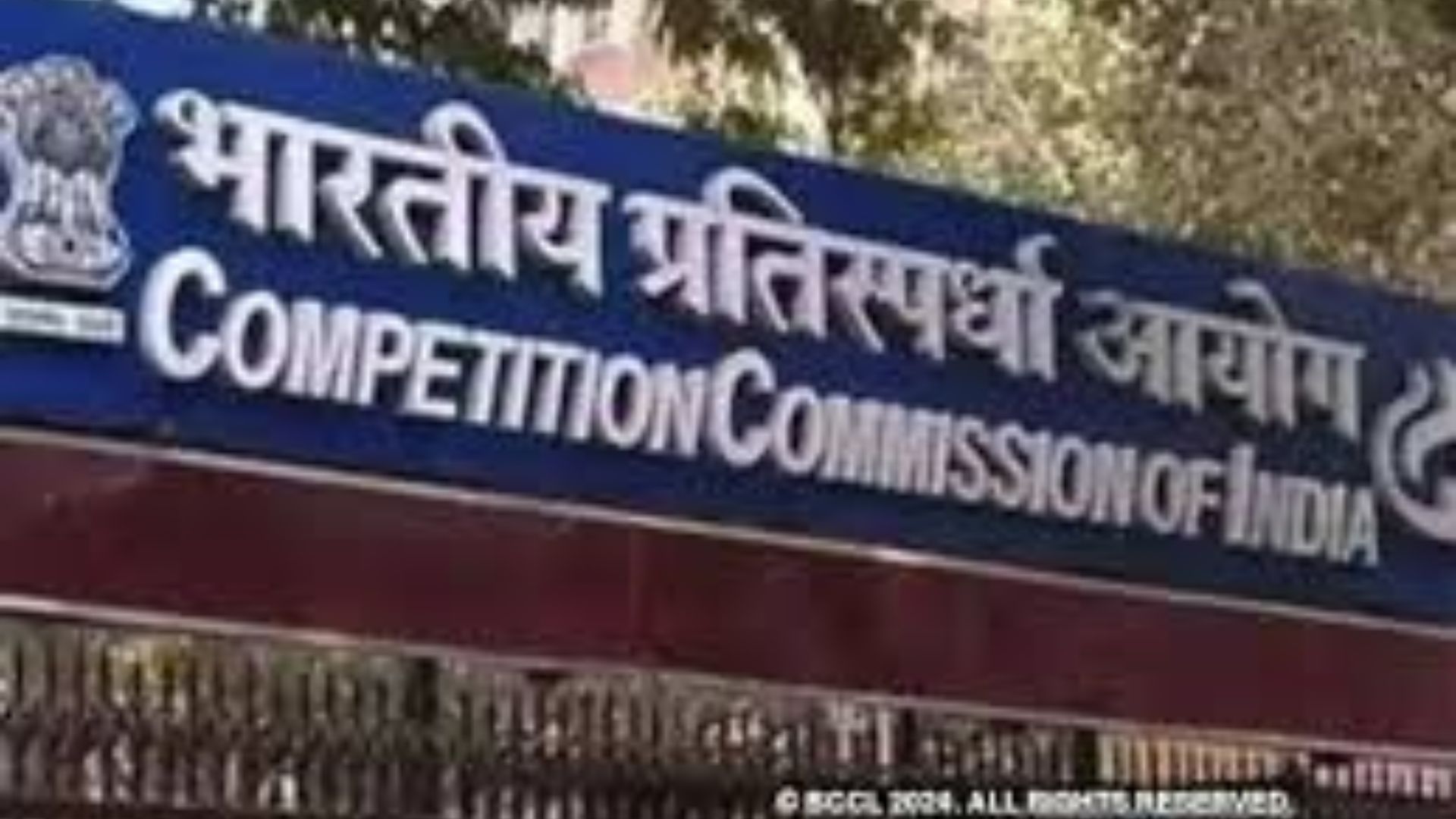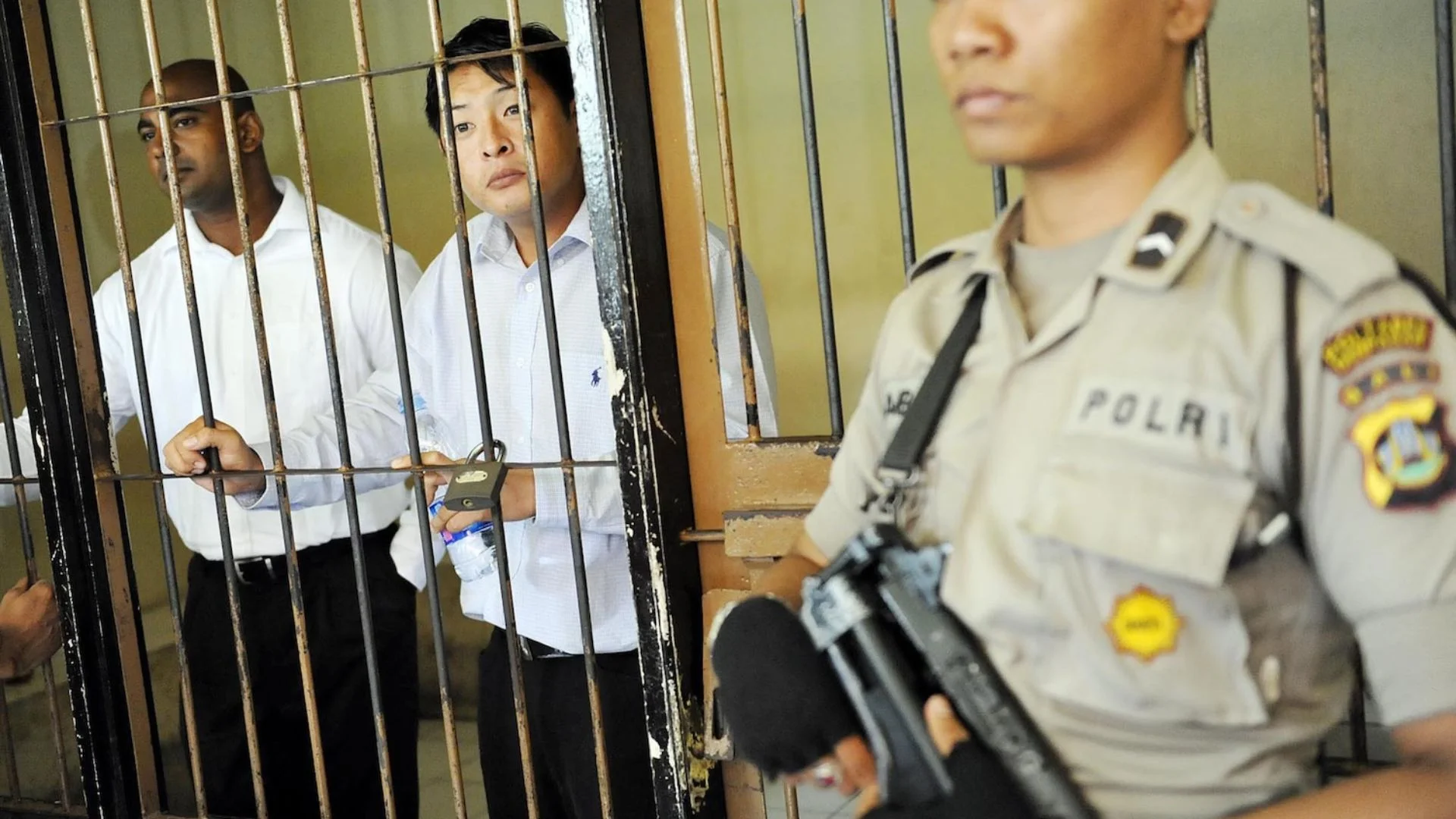
In the complex realm of competition law and antitrust regulations, cartels remain a significant concern due to their nature of distorting markets, inflating prices, and harming consumers. Cartel members often engage in anti-competitive behavior through price-fixing, bid-rigging, market allocation, and other collusive practices that undermine fair competition. To combat these activities, competition authorities worldwide impose penalties and fines on cartel participants. In India, the Competition Commission of India (CCI) plays a crucial role in enforcing competition law and penalizing anti-competitive conduct, including cartel behavior.
Understanding the Lesser Penalty Plus Concept:
The Lesser Penalty Plus concept introduced by the CCI aims to encourage and reward cartel participants who proactively disclose their involvement in anti-competitive conduct. The framework offers reduced penalties to cartel whistleblowers who cooperate with the competition authority throughout the investigation process. By incentivizing self-reporting and cooperation, the LPP mechanism serves as a crucial tool in detecting and dismantling cartels that operate in secrecy and collusion.
Under the LPP framework, a cartel member seeking leniency must meet certain conditions and fulfill specific requirements to qualify for reduced penalties. These conditions typically include:
Proactive Disclosure:
Cartel members must voluntarily come forward and disclose their participation in the cartel before the CCI initiates an investigation or receives information from another source. Proactive disclosure demonstrates a genuine intent to cooperate with the competition authority and assist in uncovering anti-competitive conduct.
Substantial Assistance:
To qualify for lesser penalties under the LPP concept, cartel whistleblowers must provide substantial assistance to the CCI in its investigation. This assistance usually involves cooperating fully, sharing relevant information, and providing evidence that aids in establishing the existence of a cartel and determining its impact on competition.
No Destruction of Evidence:
Cartel participants seeking leniency under the LPP framework must ensure that they do not destroy or conceal any relevant evidence related to the anti-competitive conduct. Maintaining the integrity of evidence and cooperating transparently with the competition authority are essential for availing the benefits of reduced penalties.
The Competition Commission of India (“CCI”), vide notification dated 20 February 2024, has introduced the Competition Commission of India (Minor Penalties) Regulations, 2024 (the “Regulations”), replacing the earlier Competition (Lesser Penalties) Regulations, 2009. The Regulations give effect to the concept of “lesser penalty plus” as introduced by the recent amendment to Section 46 of the Competition Act 2002 (the “Act”).
What law says:
Section 46 of the Act as it read before its amendment by the Competition (Amendment) Act, 2023 empowered the CCI to impose a fine less than that prescribed by law on any manufacturer/seller/distributor/trader/service provider. (the “Person”) who is part of a cartel that is alleged to have entered into an anti-competitive agreement, after being satisfied that such person has provided full, true and material information about the cartel in connection with the alleged violations.
In April 2023, Section 46 was amended to introduce the term “minor penalty plus”. This concept takes into account the situation where, in the course of an ongoing investigation, a person who previously disclosed information about a cartel makes full, true and substantial disclosures about the existence of another cartel that allegedly entered into an anti-competitive agreement(s). Authorizes the CCI to impose on such person a lesser penalty prescribed in the Regulations in respect of a cartel it is already investigating, in addition to such person seeking a lesser penalty in respect of a newly discovered cartel.
Amended § 46 did not enter into force until February 20, 2024, see Notice Gazette No. S.O. 740(E) dated 19 February 2024 of the Ministry of Corporate Affairs.
Regulations:
Within the meaning of the Regulation, any undertaking which is or has been a member of a cartel (including an individual engaged in a cartel on behalf of the undertaking) and further including an undertaking/association of undertakings/person/association of persons, even if not engaged in identical or similar trade, if it participates in or has in intending to participate in the enforcement of such a cartel, may apply to the CCI for a lesser sanction for full, true and substantial disclosure of the cartel that allegedly violated the provisions of Section 3 (Anti-Competitive Agreements) of the Act.
Conditions for a lesser sentence
The Order establishes the following conditions for granting a lower fine, as prescribed in § 46 of the Act:
(a) the applicant ceased to participate in the cartel from the moment of its publication;
(b) the applicant has provided essential information relating to the cartel;
(c) The applicant has provided the relevant information, documents and evidence required by the CCI;
(d) The applicant has actually, fully, continuously and promptly cooperated
e) in the course of investigations and other proceedings before the CCI;
(f) the applicant has not concealed, destroyed, manipulated or removed the relevant documents in any way that could contribute to the creation of a cartel; and
g) The applicant has not submitted any false evidence or omitted to submit any material information knowing it to be material.
According to the regulation, an applicant who provides complete, true and essential information about the cartel in the first place is entitled to a reduction of the fine that may be imposed on him by up to 100%; the second applicant who discloses becomes eligible for a penalty reduction of up to 50%, followed by the third and subsequent applicant(s) to make the disclosure eligible for a penalty reduction of up to 30% payable thereon.
The CCI will consider the following while awarding a lesser penalty:
(a) The stage at which the applicant publishes;
(b) Evidence already in CCI’s possession;
(c) quality of information provided by the applicant;
(d) the facts and circumstances of the case; and
(e) meeting the other criteria set out in the previous paragraph;
Minor penalty plus
Regulation 5 provides that an applicant who has previously provided complete, true and essential information about a cartel (the first cartel) that violates the provisions of § 3 of the Act, and during the investigation against such a first cartel makes a notification about another cartel (the second cartel), is entitled for an additional reduction of the fine imposed on such an applicant for the first cartel by up to 30%. This reduction is in addition to the possible 100% reduction of the penalty that may be imposed on the applicant in the case of the second cartel. However, the disclosure made by the applicant regarding the second cartel must be sufficiently substantial for the CCI to form a prima facie opinion of the existence of the second cartel. Furthermore, such a second cartel must be clearly distinguishable from the first cartel.
Regulation 7 sets out the procedure for awarding a lesser penalty plus. Pursuant to Regulation 7, the applicant must submit an application for lesser penalty plus to the designated authority before receiving the investigation report of the Director General in the case of the first cartel by the CCI. It is pertinent to note that the CCI will examine only one applicant’s application for lesser penalty plus at a time. In case of multiple applicants, the application of the next applicant will be reviewed by the CCI only if the application of the first applicant is rejected.
CCI Discretion and Considerations:
The CCI will exercise its discretion in awarding the ‘Lesser Penalty Plus’ with due regard to:
the likelihood that the newly discovered cartel will be detected by the CCI itself or by the Director General without such lesser penalty plus application by the applicant, and
Conclusion:
In the fight against cartels and anti-competitive practices, the Competition Commission of India’s Lesser Penalty Plus concept stands as a vital tool for encouraging cartel disclosures, promoting cooperation, and deterring unlawful conduct in the marketplace. By offering incentives for self-reporting, facilitating investigations, and imposing penalties on violators, the LPP framework plays a crucial role in maintaining fair competition, safeguarding consumer welfare, and upholding the principles of competition law.
Navigating cartel disclosures under the CCI’s LPP concept requires a nuanced understanding of the leniency requirements, strategic decision-making, and proactive engagement with the competition authority. By embracing the benefits of cooperation, transparency, and compliance, cartel participants can not only mitigate the consequences of engaging in anti-competitive behavior but also contribute to a more competitive and healthy business environment in India.















